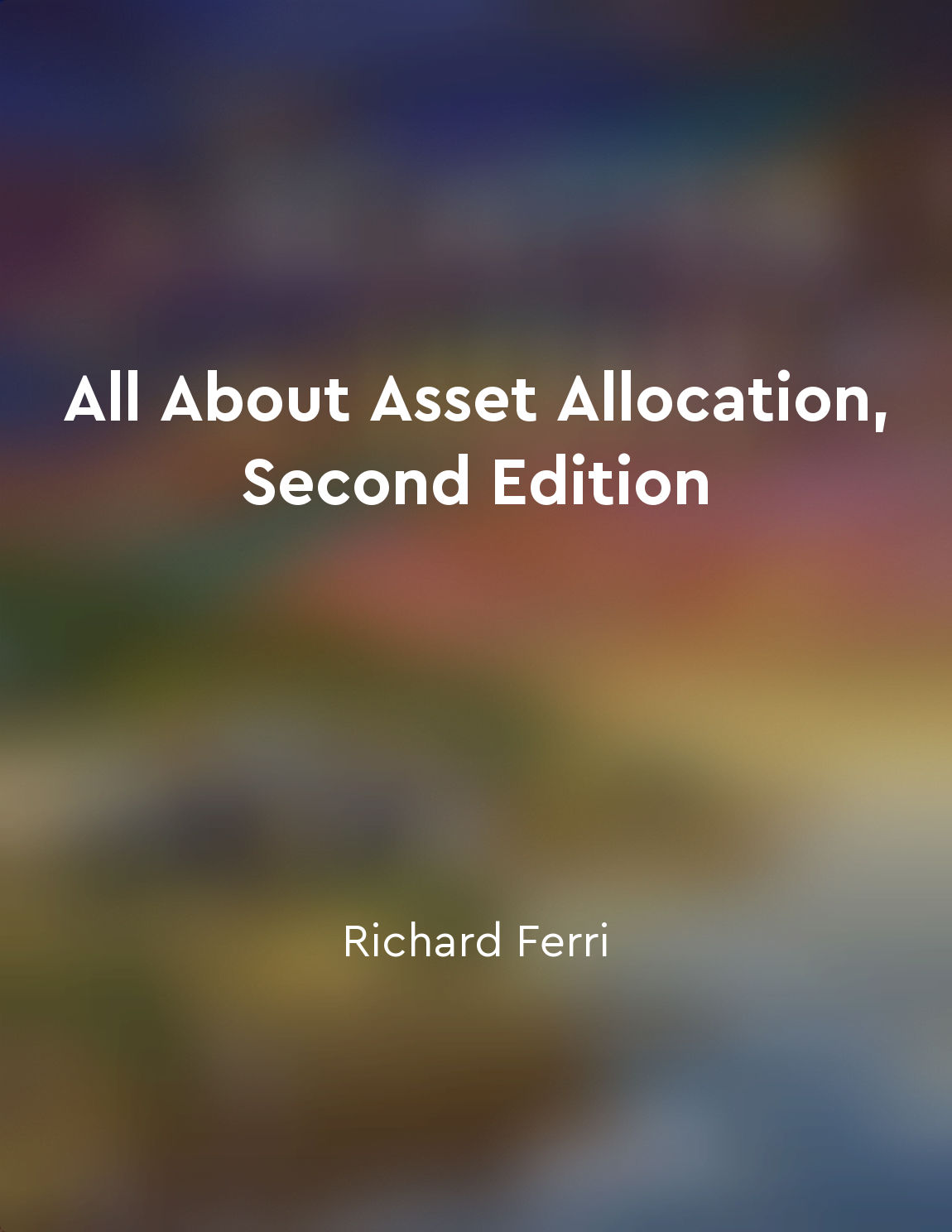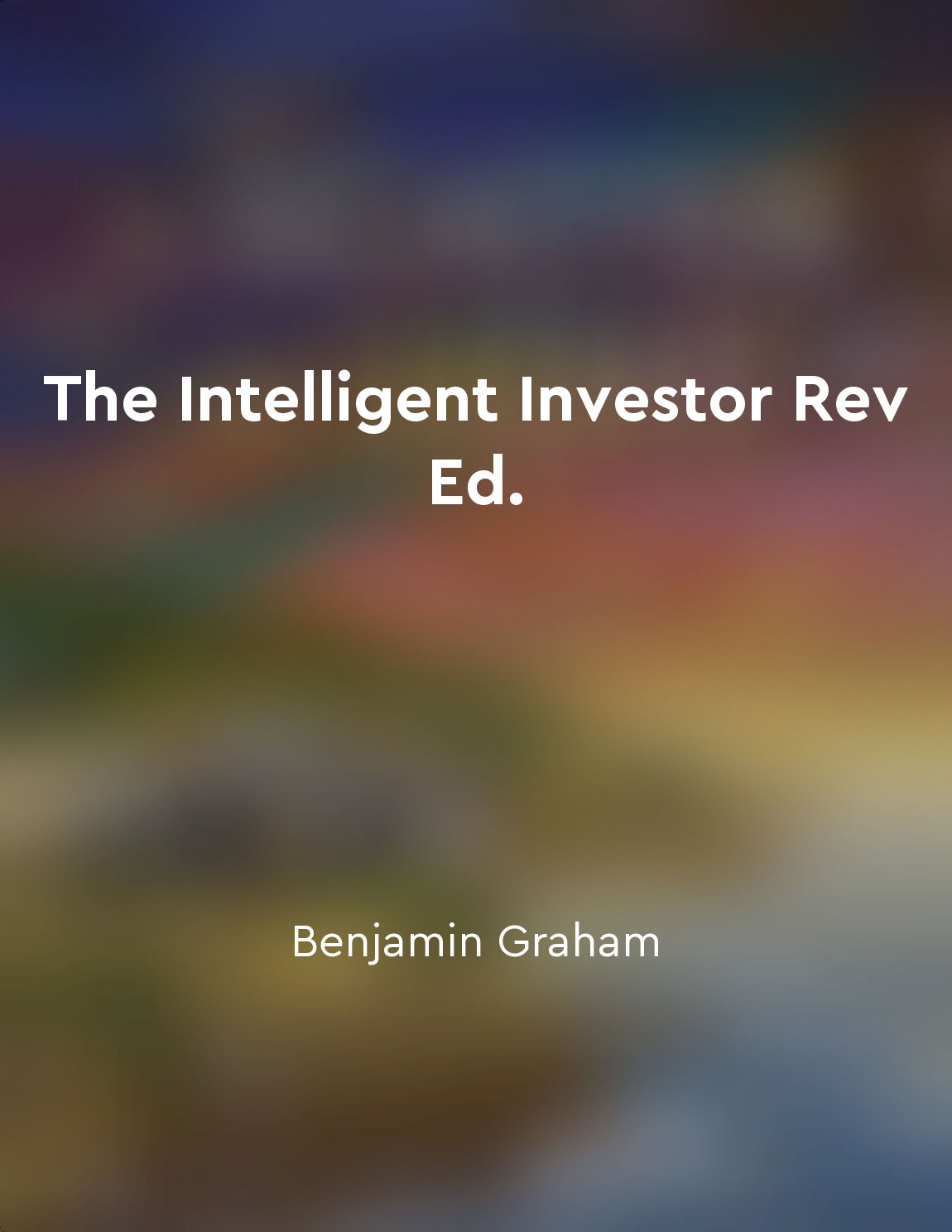Audio available in app
Use lowcost index funds from "summary" of A Random Walk Down Wall Street: The Time-Tested Strategy for Successful Investing (Twelfth Edition) by Burton G. Malkiel
When it comes to investing, simplicity is often the key to success. One of the most straightforward and time-tested strategies for successful investing is to utilize low-cost index funds. Index funds are investment vehicles that track a specific market index, such as the S&P 500. By investing in an index fund, investors gain exposure to a diversified portfolio of stocks without the need to pick individual securities. The appeal of index funds lies in their low costs. Traditional mutual funds often come with high fees that can eat into investors' returns over time. In contrast, index funds have minimal management fees since they passively track an index rather than actively selecting and trading securities. As a result, investors can keep more of their returns and benefit from the power of compounding over the long term. Furthermore, index funds offer simplicity and ease of use. Investors do not need to spend time researching individual stocks or trying to time the market. Instead, they can simply invest in an index fund and hold it for the long term. This hands-off approach is ideal for investors who do not have the time, expertise, or desire to actively manage their investments. Another key advantage of index funds is their broad diversification. By investing in an index fund, investors gain exposure to a wide range of companies across different industries and sectors. This diversification helps reduce risk by spreading out investments and minimizing the impact of any single stock's performance on the overall portfolio.- Low-cost index funds offer investors a simple, cost-effective, and diversified way to invest in the stock market. By focusing on the long term and staying disciplined in their investment approach, investors can potentially achieve success without the need for complex strategies or high fees.
Similar Posts
Money is a means, not an end
Money is a tool that can help us achieve our goals and live the life we desire. It is a means to an end, rather than the end go...

Rebalancing based on portfolio drift can maintain desired asset allocation
When constructing an investment portfolio, it is crucial to establish an initial asset allocation that aligns with your financi...

Do your research before investing
Investing requires thorough research to make informed decisions. As an investor, you must analyze the company's financial state...

Avoid comparison with others and focus on your own journey
When we constantly compare ourselves to others, we lose sight of our unique path and goals. It's easy to get caught up in the s...

Rebalance your portfolio regularly
Regularly rebalancing your portfolio is a crucial step in maintaining your investment strategy. By periodically reviewing and a...
Risk tolerance varies among individuals
Different people have different attitudes towards risk. Some individuals are more willing to take on risk in exchange for the p...
Rebalance regularly
One of the key principles of successful investing is to regularly adjust your portfolio back to its original asset allocation. ...
Plan for retirement early
Starting to plan for retirement early is crucial to ensure a comfortable and financially secure future. Many people tend to put...

Stay resilient in the face of financial obstacles
Building wealth requires staying resilient in the face of financial obstacles. To achieve financial success, one must be prepar...

Consult with a financial advisor
When it comes to making important decisions about your financial future, seeking guidance from a professional can be incredibly...

